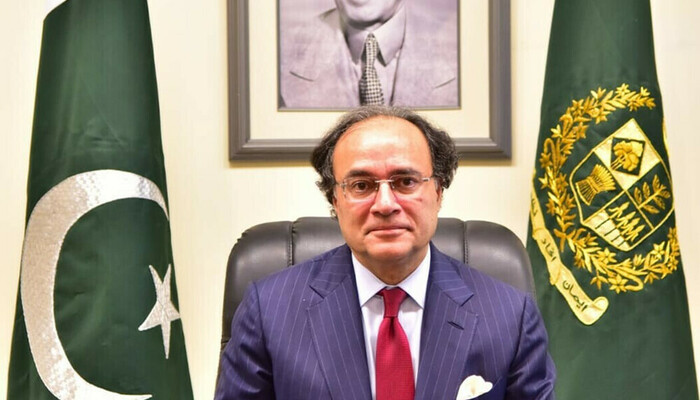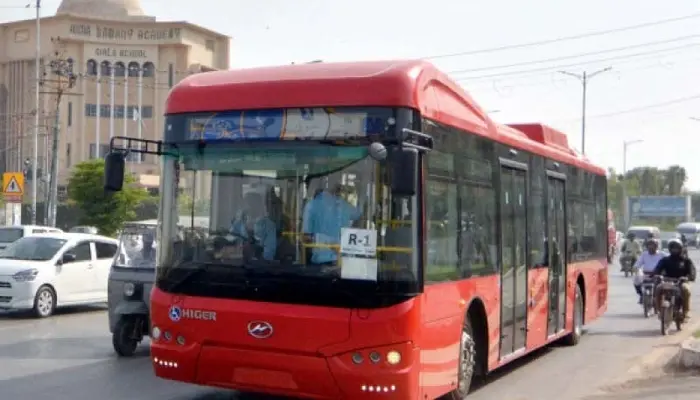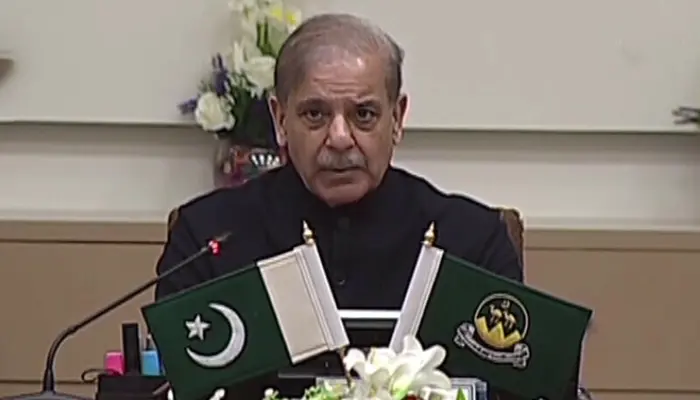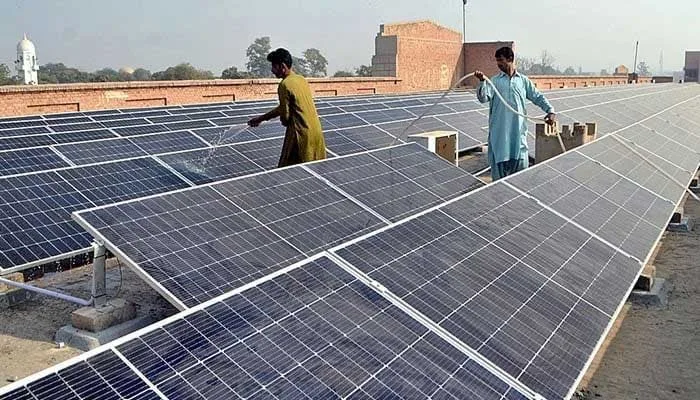
Finance Minister Muhammad Aurangzeb said Pakistan is getting an “encouraging” response from China on its request to reprofile power sector debt. Speaking to Bloomberg at the IMF and World Bank meetings, he mentioned that discussions had started. So far, the response has been positive. However, he added that the talks are still in their early stages.
Aurangzeb stressed that Pakistan has gone through many financial programs and boom-and-bust cycles. Therefore, he emphasized the need to continue with structural reforms. He pointed out that the country has no other option but to move forward.
According to Bloomberg, this could give Pakistan some financial relief. Extending the debt maturities for power plants might help reduce electricity prices. Back in July, the finance minister had already started engaging with Chinese officials about debt reprofiling. These efforts were in line with the IMF’s proposed structural reforms.
In the same month, Pakistan agreed to a 37-month loan program with the IMF. However, this program was subject to timely financing assurances from Pakistan’s development and bilateral partners. So far, China has rolled over $16 billion of its debt. This is part of a total $26 billion for this fiscal year, which began in July.
Aurangzeb also mentioned plans to seek more financing from the IMF through its climate resiliency fund. However, the Chinese embassy in the U.S. did not confirm whether Beijing had responded positively to Pakistan’s request for loan extensions. Still, the embassy stated that China supports Pakistan’s economic growth, better livelihoods, and financial stability.
Read: Islamabad High Court Grants Bail to Bushra Bibi
The finance minister highlighted the government’s focus on creating a supportive environment for the private sector. He acknowledged that the government should not be involved in business activities and emphasized the need to reduce government costs. Aurangzeb noted plans to cut ministries and reduce federal jobs by 150,000 positions.
Bloomberg reported that Pakistan is specifically looking to extend the debt maturities for nine power plants built by Chinese companies under the China-Pakistan Economic Corridor (CPEC).
Tax Reforms in Agriculture and Retail
Aurangzeb also outlined plans to boost tax revenue by targeting previously untaxed sectors, such as retail and agriculture. The government aims to begin collecting taxes from these sectors by July 2025. Provincial governments are expected to push legislation for agricultural taxation by January.
Monetary Policy and Economic Outlook
On monetary policy, Aurangzeb hinted that the State Bank of Pakistan (SBP) could reduce the policy rate in its next meeting, scheduled for November 4. In September, the central bank lowered its key policy rate by 200 basis points, bringing it down to 17.5% from the previous 19.5%. This reduction followed a decline in inflation, which had dropped to 6.9%, a 44-month low. The improved inflation figures were driven by falling global commodity prices, higher domestic agricultural output, and a stable currency.
The finance minister’s comments reflect the government’s strategy to manage debt, push structural reforms, and encourage private sector growth, all while seeking additional international financial support.
Follow us on Google News, Instagram, YouTube, Facebook,Whats App, and TikTok for latest updates












